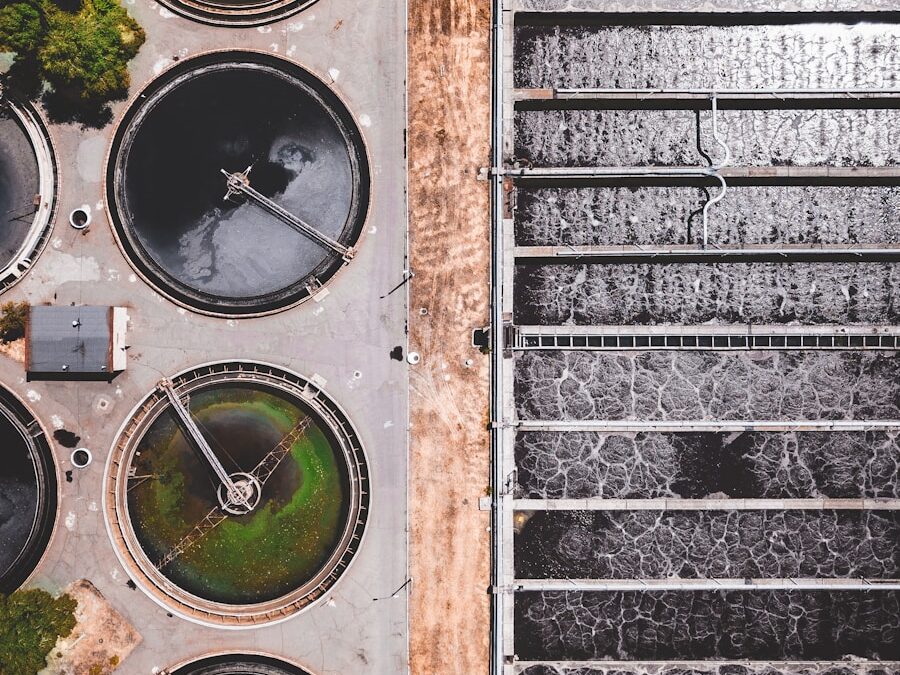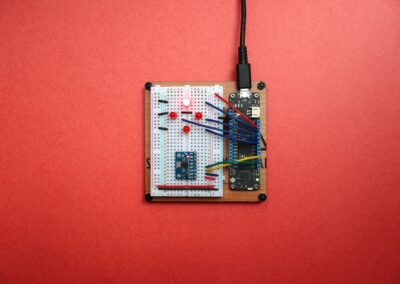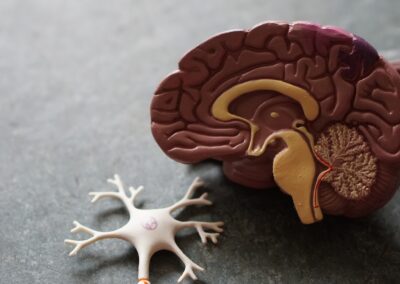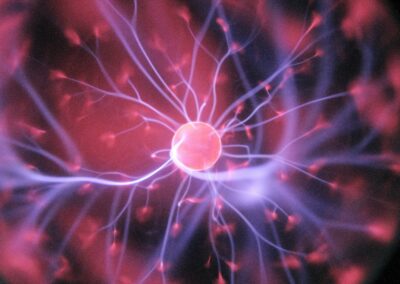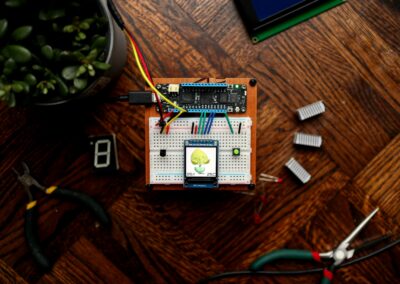The Impact of Integrating IoT Sensors with Wastewater Treatment Plants
Optimizing Wastewater Treatment in Saudi Arabia and the UAE
The integration of IoT sensors with wastewater treatment plants is transforming the way water management is approached in regions such as Saudi Arabia and the UAE. By utilizing advanced IoT technology, treatment plants can achieve higher levels of monitoring and optimization, resulting in more efficient and effective processes. This technological advancement is particularly crucial in arid regions where water conservation and sustainable practices are paramount.
IoT sensors enable real-time monitoring of various parameters within wastewater treatment plants. These sensors collect data on factors such as pH levels, temperature, chemical concentrations, and flow rates. By analyzing this data, treatment plants can make informed decisions on adjusting processes to ensure optimal performance. For instance, in Riyadh and Dubai, where water resources are limited, the ability to fine-tune treatment processes in real-time helps maximize the efficiency of water reuse and recycling efforts.
Furthermore, IoT sensor integration allows for predictive maintenance of equipment. By continuously monitoring the condition of machinery and detecting potential issues before they escalate, plants can prevent costly breakdowns and downtime. This proactive approach not only enhances operational efficiency but also extends the lifespan of critical equipment, reducing the overall cost of wastewater treatment.
Driving Business Success through Technological Innovation
The integration of IoT sensors with wastewater treatment plants is not only a technological advancement but also a strategic business initiative. For business executives, mid-level managers, and entrepreneurs in Saudi Arabia and the UAE, leveraging these innovations can lead to significant competitive advantages. By optimizing wastewater treatment processes, organizations can achieve greater efficiency, reduce operational costs, and enhance their sustainability credentials.
Effective communication is key to the successful implementation of IoT technologies in wastewater treatment plants. Leaders must clearly articulate the benefits of these technologies to stakeholders, ensuring buy-in and support. This involves highlighting the potential for cost savings, improved operational efficiency, and enhanced environmental performance. By fostering a culture of innovation and continuous improvement, organizations can ensure that they remain at the forefront of technological advancements.
Executive coaching services can play a vital role in this process. By equipping leaders with the skills and knowledge needed to navigate the complexities of IoT and smart technologies, executive coaching can enhance leadership and management capabilities. This, in turn, enables leaders to make informed decisions, drive strategic initiatives, and communicate effectively with their teams. As a result, organizations can fully realize the benefits of IoT sensor integration in wastewater treatment, achieving both business success and sustainability goals.
Change Management and Leadership in Technological Integration
Implementing IoT sensor integration in wastewater treatment plants requires effective change management and strong leadership. Business executives and mid-level managers must be prepared to oversee the transition and ensure that all team members are on board. This involves addressing potential resistance, fostering a culture of innovation, and ensuring that all stakeholders understand the importance of adopting advanced technologies.
Change management is critical to the successful integration of IoT sensors in wastewater treatment plants. Organizations must develop comprehensive strategies that include training programs, clear communication plans, and ongoing support. By promoting the benefits of these technologies and demonstrating their value, leaders can build support and drive the implementation of new practices. Effective communication strategies are essential in this process, as they help to align all team members with the organization’s goals and objectives.
Leadership skills are also crucial in navigating the complexities of technological integration. Executives need to be adept at strategic planning, problem-solving, and decision-making to successfully implement IoT sensors in wastewater treatment plants. By fostering a forward-thinking and innovative mindset, leaders can ensure that their organizations remain at the forefront of sustainable water management practices. This strategic approach not only enhances water conservation efforts but also positions the organization as a leader in technological innovation and sustainability.
#IoT #WastewaterTreatment #SmartTechnology #WaterManagement #SaudiArabia #UAE #Riyadh #Dubai #ChangeManagement #ExecutiveCoaching #BusinessSuccess #ManagementConsulting #ArtificialIntelligence #Blockchain #Metaverse #LeadershipSkills #ProjectManagement

